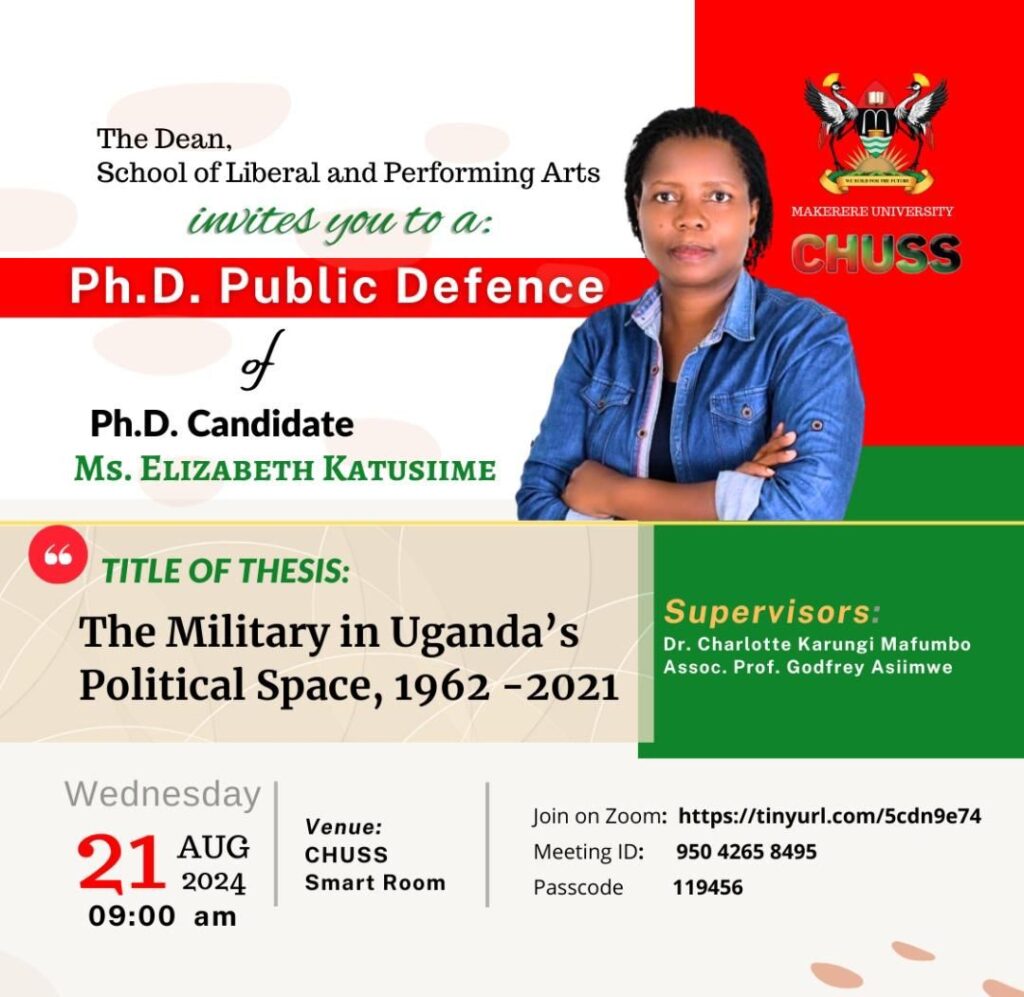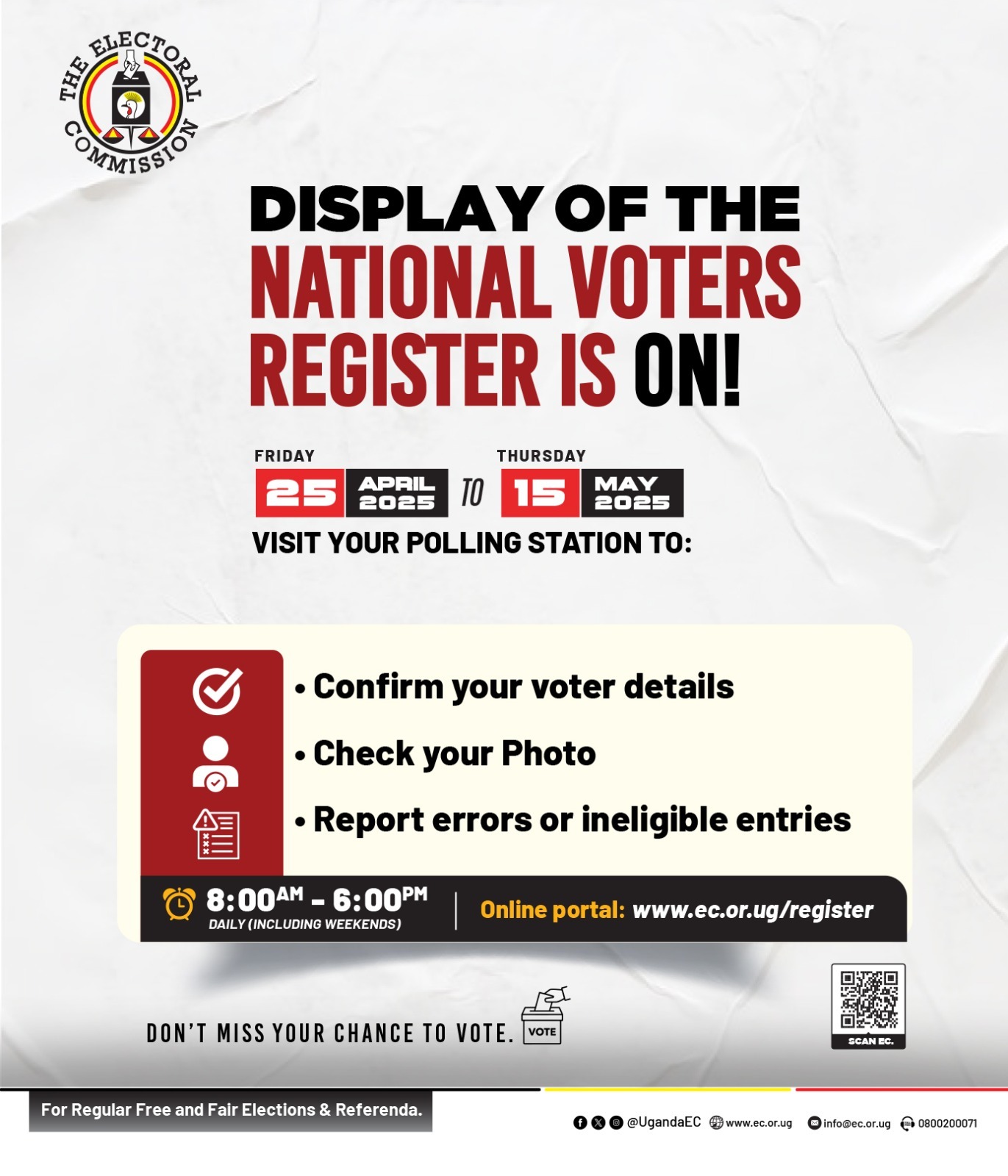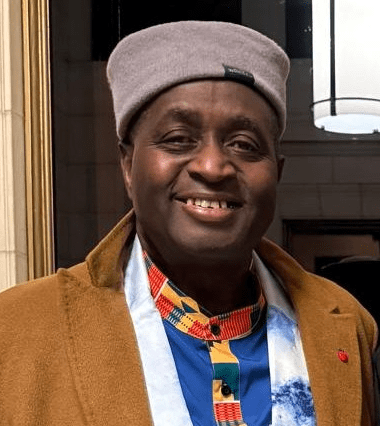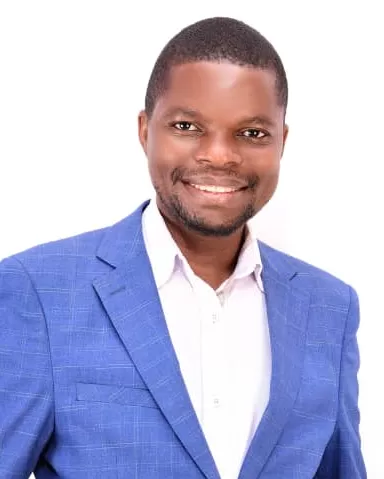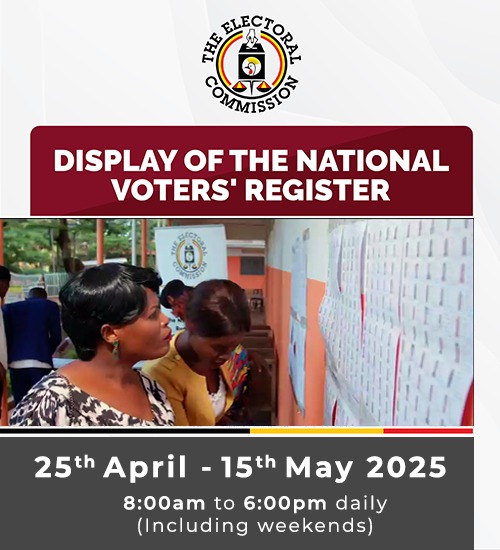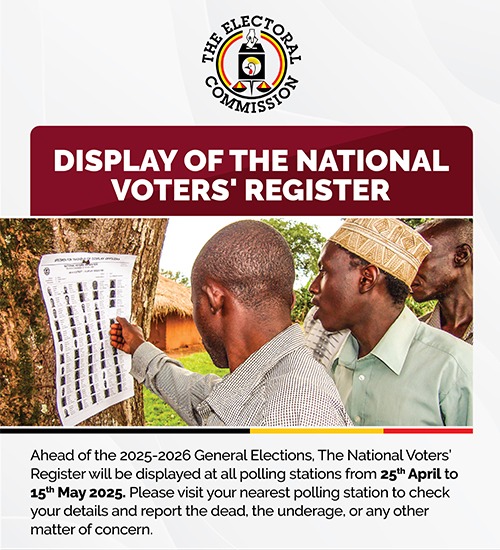Kampala, Uganda – An ongoing new academic study has the potential to shed light on the enduring and complex relationship between Uganda’s military and its political landscape from independence in 1962 to 2021.
The research being conducted by Ms Elizabeth Katusiime, a doctoral candidate at Makerere University, provides an in-depth analysis of how the military has not only influenced but often shaped Uganda’s political direction across various regimes.
A Historical Perspective: Military Influence Since Independence
Katusiime’s study titled: The Military in Uganda’s Political Space, 1962 – 2021,” is the subject of a doctoral defense this morning, August 21, 2024, at Makerere University’s Smart Room in the College of Humanities and Social Sciences.
According to Ms. Katusiime’s study, the military’s influence on Uganda’s politics dates back to the early post-independence years, a period marked by instability and power struggles.
Her research outlines how the military quickly evolved from a protector of the state into a dominant political force, starting with the 1971 coup by General Idi Amin, which overthrew the government of Milton Obote.
Further, the study highlights that during Amin’s regime (1971-1979), the military became synonymous with the state, with Amin using it to enforce his brutal dictatorship.
Following Amin’s ouster, Uganda saw a brief return to civilian rule under Obote, but the military remained a key player, culminating in the military-led regime change that brought Yoweri Museveni to power in 1986.
Museveni, who led the National Resistance Army (NRA), later transformed it into the Uganda People’s Defence Force (UPDF), which continues to wield significant political influence.
Civil-Military Relations: A Complex Interplay
Katusiime’s research reveals that civil-military relations in Uganda are deeply intertwined, making it difficult to distinguish between civilian and military authorities.
Drawing on historical records and interviews, the study suggests that Uganda’s political stability has often depended on the military’s involvement in governance, challenging the traditional view that the military should remain apolitical.
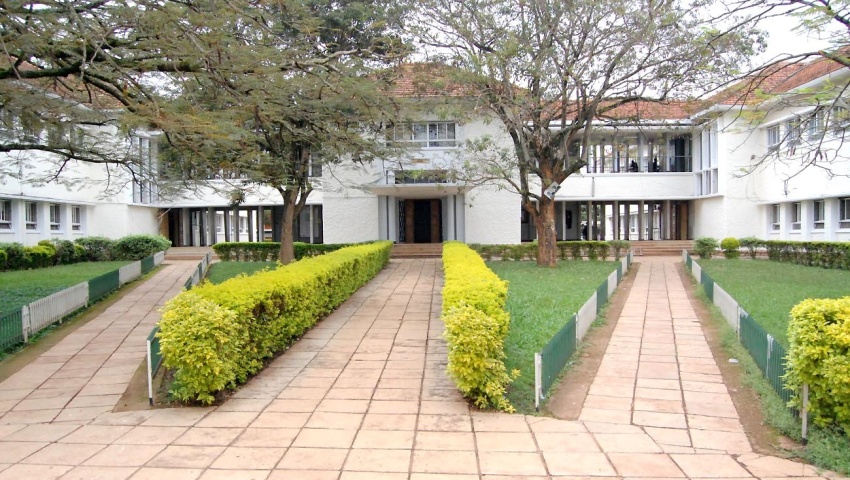
The study employs the Concordance theory, which argues that stable civil-military relations can be achieved if there is an agreement on the military’s role in society among the military, political elites, and the citizenry. In Uganda, this has translated into the military becoming a key stakeholder in political decision-making, rather than a mere tool of the state.
The Military’s Expanded Role
Beyond its conventional role of defending the nation, Katusiime’s research points out that Uganda’s military has taken on a variety of roles, including participating in legislation, development projects, and peacekeeping. This involvement is not just a matter of necessity but has also become a strategic choice, both for the military and the civilian government.
The study argues that contrary to the common perception that military involvement in politics is detrimental to constitutional stability, Uganda presents a unique case where the military’s engagement has contributed to political continuity.
“This has been particularly evident in the way the UPDF has been involved in key national initiatives, often working alongside civilian authorities to maintain peace and order,” she tells ResearchFinds News in a brief interview ahead of her doctoral defense this morning.
A Unique Case in African Politics
Katusiime’s study concludes that Uganda’s political landscape cannot be fully understood without recognizing the military’s central role.
“While the involvement of the military in politics is often viewed negatively in many parts of the world, Uganda’s experience shows that such involvement can also provide a form of stability, albeit with its own set of challenges,” she argues.
According to her, this research offers a fresh perspective on the role of the military in Uganda’s politics which has been characterized by fierce contestations and a negative perception towards the army’s involvement.
“My study is challenging conventional theories and providing new insights into the country’s unique political dynamics. As Uganda continues to navigate its complex political environment, the findings of this study will likely spark further debate on the appropriate role of the military in governance,” she promises.
Ms Katusiime is being supervised by Dr. Charlotte Mafumbo and Assoc. Prof. Godfrey Asiimwe. Readers can get more insights from her study by following the Zoom link HERE in the next 30 minutes!
About The Author
Arinaitwe Rugyendo
Rugyendo is the Founder and Editor-in-Chief of ResearchFinds News. He’s an accomplished journalist with a rich background in the media industry in Uganda. With over two decades of experience, Rugyendo has held various roles including cab reporter, Bureau Chief, Managing Editor, and Digital Media Editor at renowned publications such as Daily Monitor and Red Pepper. Throughout his career, he has demonstrated a commitment to delivering high-quality journalism and staying at the forefront of media trends. In addition to his journalistic pursuits, Rugyendo is currently pursuing a Ph.D. in Journalism and Communication at Makerere University. He has been recognized for his outstanding leadership and commitment to social change as a Desmond Tutu Fellow and Crans Montana New Leader. Rugyendo also serves as the Chairman of Young Engineers Uganda and Uganda Premier League, showcasing his dedication to promoting excellence and growth in various fields. With a passion for driving innovation and pushing boundaries in media, Rugyendo continues to make significant contributions to the industry. His vast experience, academic pursuits, and leadership roles make him a respected figure in the Ugandan media landscape.

